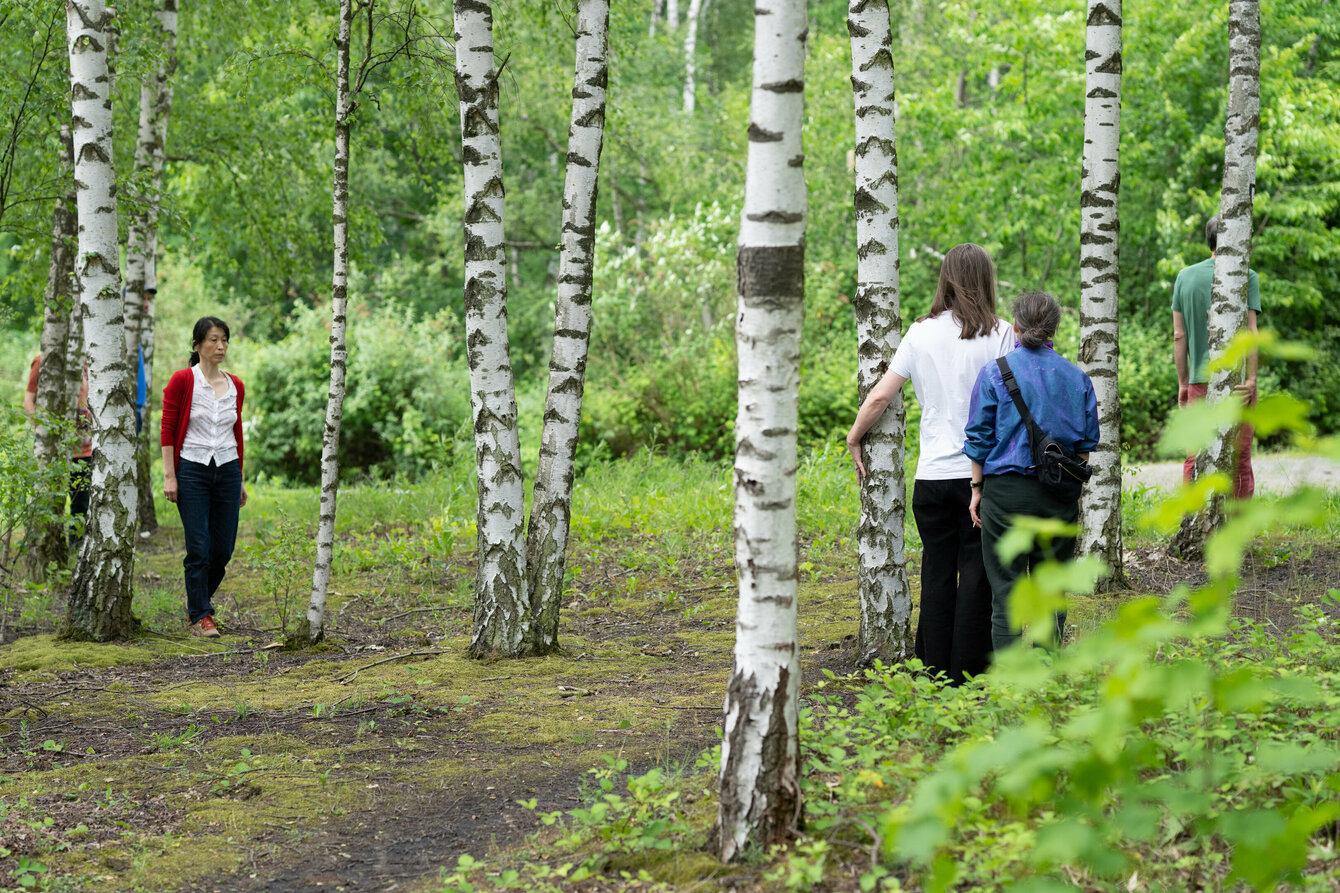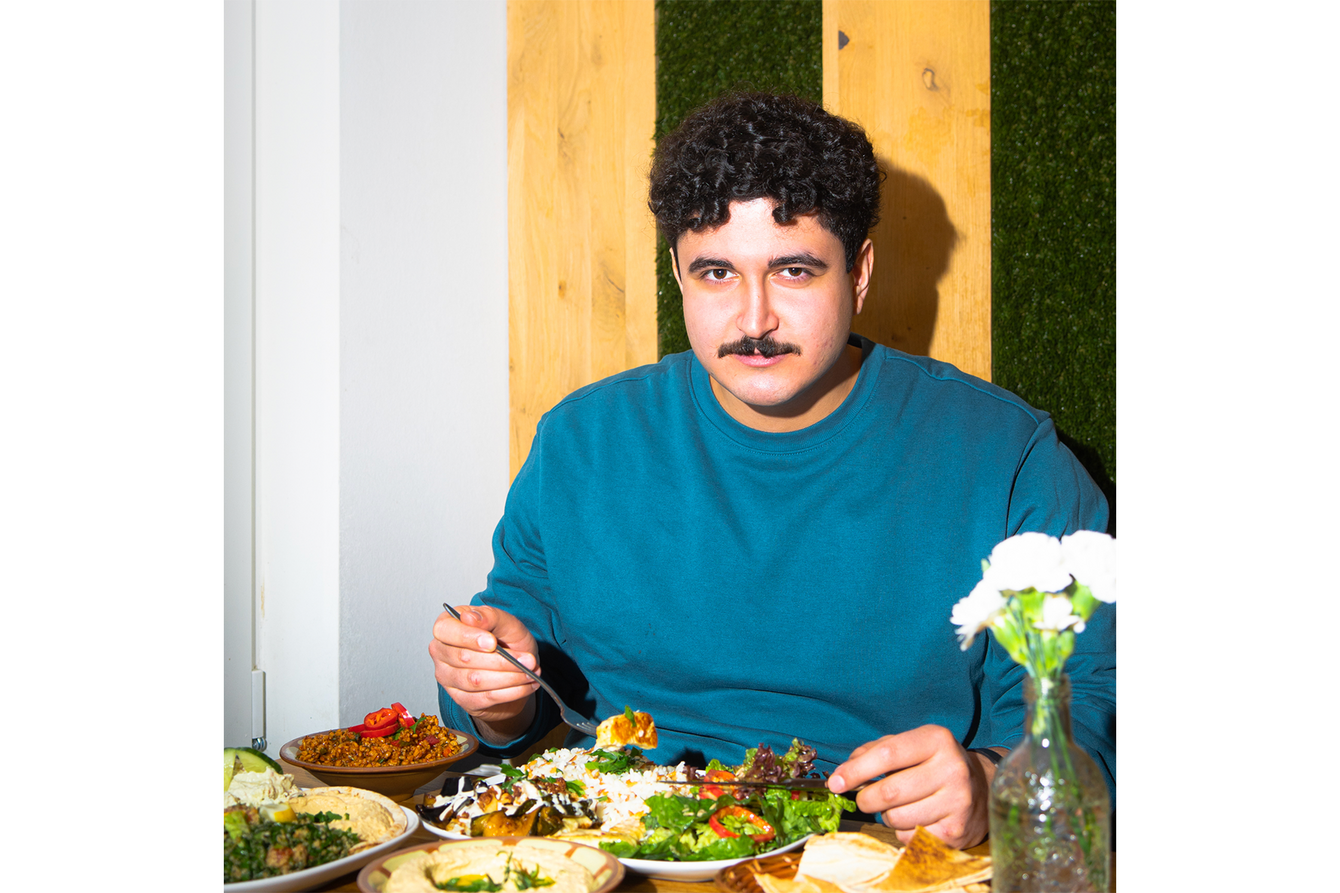Walk through the industrial forest
With Oliver Balke, forester in the project Wald and Holz NRW
- Sat 05.07.25 15 h – 16:30 h
Free admission
Meeting point: PACT Zollverein, Bullmannaue 20A, 45327 Essen
Please be at the meeting point 15 minutes before the start of the event!
Natterjack toads instead of coal, orchids instead of coke ovens, green oases instead of punch clocks and backbreaking labour.
Today, the Ruhr region no longer stands for traditional heavy industry, but for change. Smoking collieries, coking plants and blast furnaces have largely disappeared, and thousands of hectares of industrial wasteland have been created in their wake. Humans have changed these landscapes in a profound, lasting manner. The terrain is often devoid of any natural soil, and characterised instead by waste rock, rubble or railway ballast. Nutrient deficiency, summer drought and soil compaction usually constitute difficult starting conditions for the recolonisation of plants and animals. However, this is often precisely what makes them so valuable for rare and endangered species, which find replacements for habitats that have been lost due to human influence. As a result, a valuable wild forest has gradually developed in the densely populated centre of the Ruhr area.
The industrial forest project, which was launched in 1996 and known at the time as the residual area project, tested ways in which the industrial wasteland that was emerging everywhere could be perceived as an opportunity for new open spaces, urban greenery, biodiversity, recreation and the opportunity to experience nature, and how it could be consciously embedded in a future strategy for the Ruhr region.
Forester Oliver Balke, who has been following the development of the industrial forests for 28 years now, provides insights into this fascinating habitat on a walk around the Zollverein slag heap.



